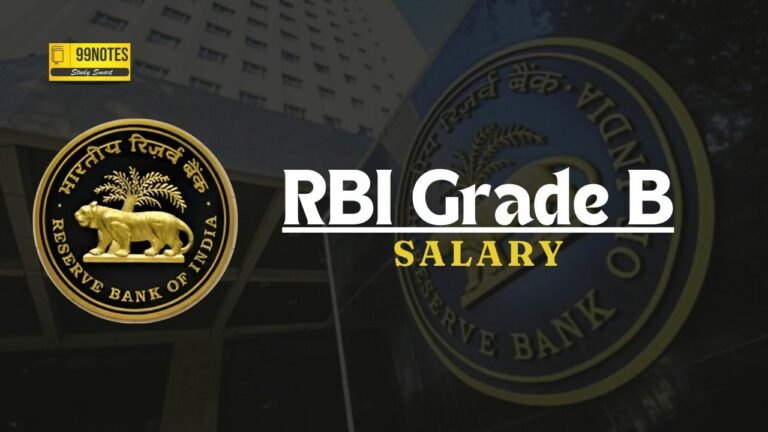RBI Retains SBI, HDFC Bank, and ICICI Bank as ‘Too Big To Fail’ Domestic Systemically Important Banks (D-SIBs)
(Source: Indian Express; Section: Economy; Page: 17)
| Topic: GS3 – Indian Economy |
| Context: |
|
Analysis of News:
Why D-SIBs Are Important
- Certain banks are classified as D-SIBs due to their extensive size, complexity, cross-jurisdictional reach, and interconnectedness.
- The failure of such banks could disrupt essential financial services, potentially destabilizing the broader economy.
- The D-SIB framework thus aims to mitigate systemic risks and reduce the moral hazards associated with large banks, as their size often implies potential government support in times of financial distress.
Classification and Capital Requirements for D-SIBs
- D-SIBs are categorized into specific buckets based on their systemic importance, with SBI in bucket 4, HDFC Bank in bucket 3, and ICICI Bank in bucket 1.
- Each bucket has distinct additional Common Equity Tier 1 (CET1) capital requirements: SBI requires 0.80% of its risk-weighted assets, HDFC Bank 0.40%, and ICICI Bank 0.20%.
- These additional capital requirements are intended to increase the loss-absorbing capacity of these institutions.
Selection Process of D-SIBs
The RBI uses a two-step process to identify D-SIBs.
- First, it selects a sample of large banks (those exceeding 2% of GDP in size) for assessment.
- Next, the systemic importance of each bank in this sample is calculated using a range of indicators, and banks surpassing a specific threshold are classified as D-SIBs.
- Based on their systemic scores, these banks are placed in buckets, with higher systemic importance leading to a higher capital surcharge.
Global Systemically Important Banks (G-SIBs)
- Globally, the Financial Stability Board (FSB), with the Basel Committee, classifies major banks as Global Systemically Important Banks (G-SIBs) annually.
- The 2023 list, based on end-2022 data, includes 29 G-SIBs such as JP Morgan Chase, HSBC, and BNP Paribas, highlighting globally critical financial institutions.
| Why was it Considered Essential to Establish SIBs? |
|
| Practice Question: Discuss the significance of Domestic Systemically Important Banks (D-SIBs) in India’s financial stability. What are the criteria for their classification, and how do additional capital requirements help in managing systemic risks associated with these institutions? (250 words/15 m) |



